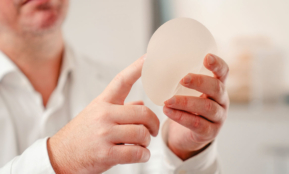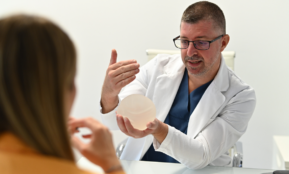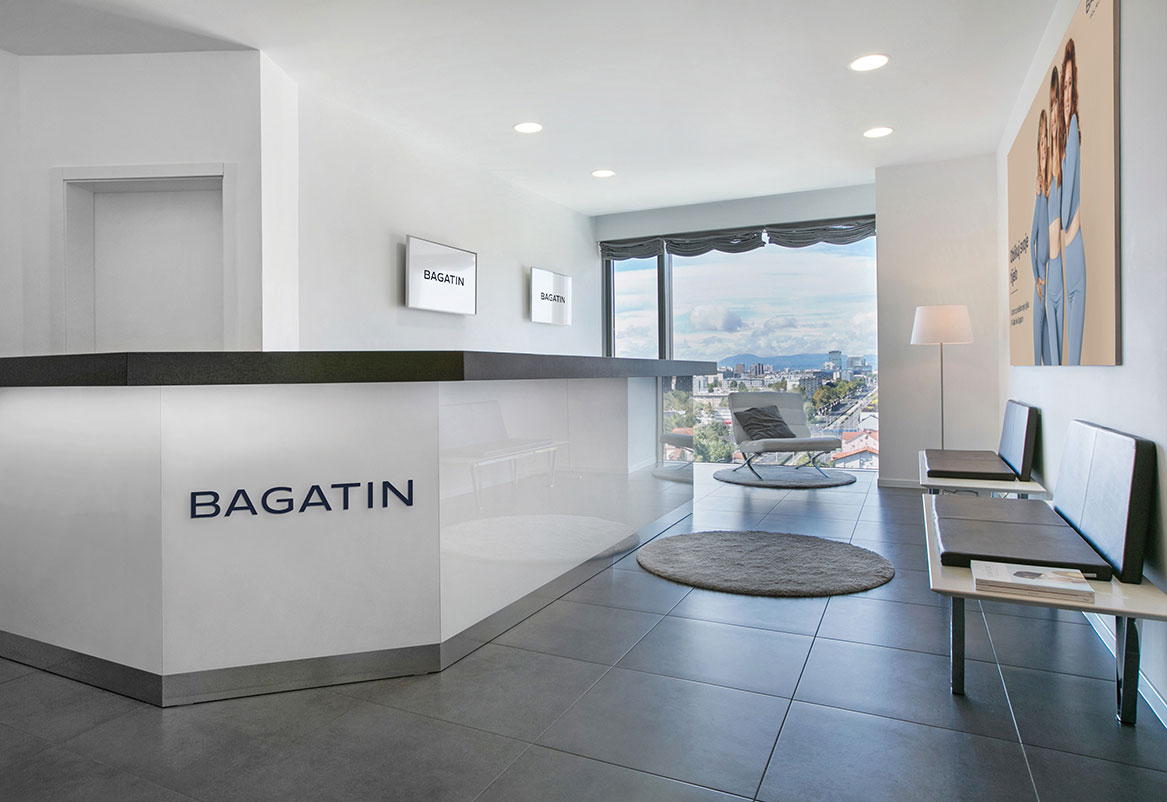Aesthetics
Face
The most modern facial treatments help you look younger, more elegant and happier.
Body
Feel comfortable in your body and correct sources of discomfort.
Chest
Make your wish for a better appearance come true and restore your self-confidence with aesthetic correction.
Hair and scalp
Minimally invasive solutions for hair loss and a natural look.
Issues
Find solutions to some of the most common aesthetic problems.
Treatments
Surgery
Treatments

Hair and scalp mesotherapy
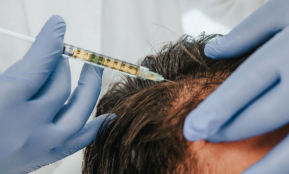
Thinning hair therapy with your own blood

Trichotest – DNA analysis of hair loss and baldness

Hair loss in women – causes and how to prevent it

Hair loss in men – causes and how to prevent it
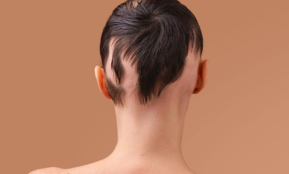
Alopecia – hair loss
FACE
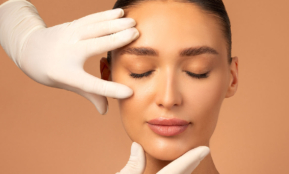
BODY
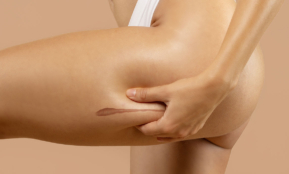
Implantology Center
Different methods of solving the problem of missing one or more teeth.
Prosthetics
The most common solution in cases of functional or aesthetic tooth damage.
Aesthetic Dentistry
Harmonious tooth shaping and tooth color correction according to your wishes.
General Dentistry
Modern and timely diagnostics, treatment and dental hygiene are the key to the health of your teeth.
Issues
Find solutions to some of the most common aesthetic problems.
About us
Locations
Causes of enlarged pores
Enlarged pores are a common skin problem that can be caused by a variety of factors. Here are some of the main causes of enlarged pores and how each one affects the appearance of your skin:
-
Excessive sebum secretion
Increased sebum production (a natural oil produced by the skin) can cause pores to appear enlarged. Sebum can accumulate in the pores, which can lead to clogging and enlargement of the pores.
-
Clogged pores
When pores become clogged with dead skin cells, sebum, and impurities, they can expand. Clogged pores can transform into blackheads or acne.
-
Aging
As we age, skin loses collagen and elastin, which can cause pores to appear wider. Loosening of the skin leads to more visible pores.
-
Genetics
Genetics play a significant role in the size and visibility of pores. If your parents had enlarged pores, you are more likely to have them too.
-
Sun exposure
UV radiation can damage the skin and break down collagen and elastin, which can cause pores to appear enlarged. Prolonged sun exposure can also cause the skin to thicken, which can make pores more visible.
-
Dehydration
A lack of hydration can cause skin to look dry and wrinkled, which can make pores more visible. When skin is dehydrated, pores can appear wider.
-
Hormonal changes
Hormonal changes, such as those that occur during puberty, menstruation, or menopause, can increase sebum production and cause enlarged pores.
How to reduce pore size?
Reducing the size of your pores can improve the appearance of your skin and make it smoother. While it’s impossible to completely eliminate pores, there are several strategies and treatments you can use to help reduce them and improve your skin’s texture. Here are some effective methods:
-
Regular facial cleansing
Use mild cleansers that won't dry out or irritate your skin. Over-cleansing can worsen the condition of your pores.
-
Chemical exfoliation
Products that contain alpha-hydroxy acids (AHAs), such as glycolic acid, and beta-hydroxy acids (BHAs), such as salicylic acid, help remove dead skin cells and unclog pores.
-
Moisturizing creams and serums
Use moisturizers that suit your skin type. Hyaluronic acid products can help maintain moisture and reduce the appearance of pores.
-
Sun protection
Use a high SPF sunscreen every day to protect your skin from UV damage. UV radiation can worsen the condition of the pores and cause aging of the skin.
-
Professional treatments
Chemical peels can help remove dead skin cells and improve texture. Talk to your dermatologist about the types of peels that are right for your skin.
Laser treatments can stimulate collagen production and improve skin texture. These treatments can help reduce the appearance of pores.
The impact of diet on pores
Diet can significantly affect the health and appearance of your skin, including the size and visibility of your pores. Here are some key ways that diet can affect pores, as well as tips on dietary choices that can help maintain healthy skin:
-
High intake of sugar and refined carbohydrates
Eating foods high in sugar and refined carbohydrates can stimulate sebum production, which can increase the risk of clogged pores and acne. These foods can trigger inflammatory reactions in the body, which can worsen skin conditions.
-
Diet rich in omega-3 fatty acids
Omega-3 fatty acids, found in fish like salmon, nuts, and flax seeds, have anti-inflammatory properties that can help reduce inflammation and improve skin health.
-
Fruits and vegetables rich in antioxidants
Foods such as berries, citrus fruits, green vegetables and red peppers contain antioxidants that help fight free radicals and reduce oxidative stress on the skin.
-
Water intake
Maintaining proper hydration is important for skin health. Dehydration can cause dryness and increase the visibility of pores.
-
Avocado, olive oil and nuts
Healthy fats from avocados, olive oil, and nuts can help maintain skin elasticity and reduce dryness.
-
Vitamin A and C
Vitamin A helps regulate sebum production and improve skin texture, while vitamin C contributes to collagen synthesis and skin health.
-
Recommended foods
Berries, citrus fruits, green leafy vegetables, red peppers.
Fish rich in omega-3: Salmon, sardines, mackerel.
Avocado, olive oil, nuts.
Whole grains: Brown rice, quinoa, wholemeal bread.
Myths and truths about pores
-
Myth: Pores Can Be Completely Eliminated
Truth: It is not possible to completely eliminate pores, as they are a natural and necessary part of the skin. However, there are many methods to reduce their visibility and improve the appearance of the skin.
-
Myth: Pores Can Be "Closed"
Truth: Pores cannot be "closed" in the literal sense. However, products with astringent properties can temporarily tighten pores and improve their appearance. These products can help reduce the visibility of pores, but they cannot permanently close them.
-
Myth: If You Have Large Pores, It Means You Have Oily Skin
Truth: Although pores are usually more visible on oily skin due to higher sebum production, enlarged pores can also appear on dry or normal skin, especially with age when the skin loses elasticity.
-
Myth: Acne Causes Larger Pores
Truth: Acne can cause pores to appear larger due to inflammation and blockage. When acne is treated and the skin clears, pores may appear smaller, but acne scars can permanently change the appearance of pores.
BLOG SUGGESTION


